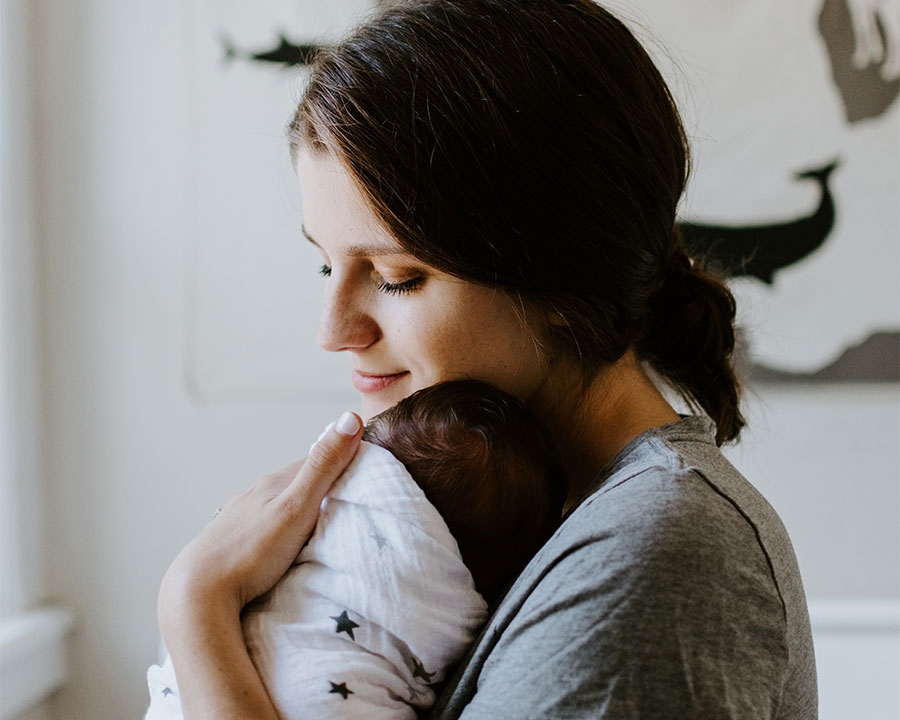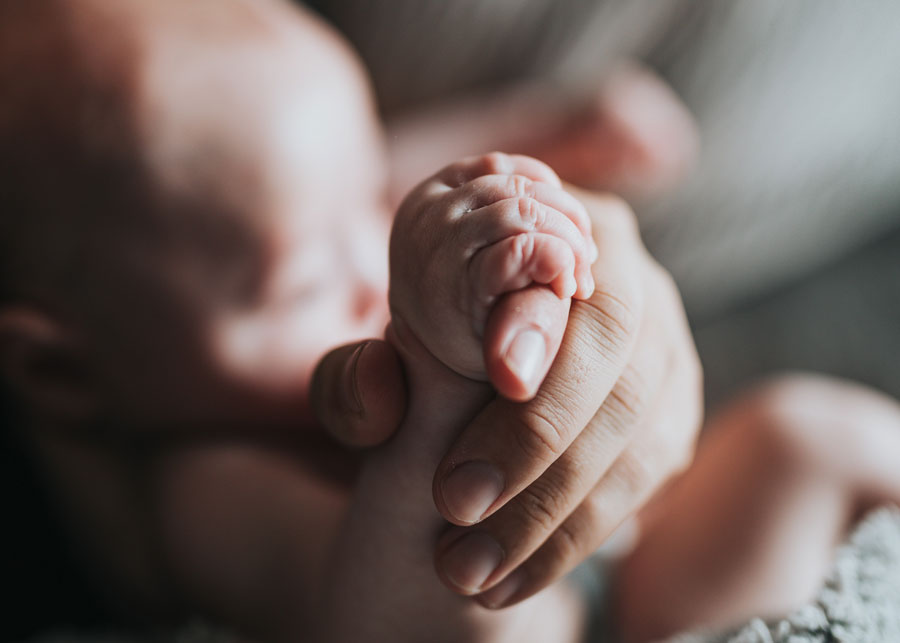We can help

Mothers who say
"I desperately need a way forward...my vagina is so damaged... no one understands sex is impossible... I feel traumatized and desexualized”

Husbands/partners who say
“I feel so helpless…my partner’s birth was like a car crash… since then she is so emotionally detached… I just want her back… doctors say her vaginal area is back to normal... but she finds sex so uncomfortable.”

Health professionals who manage adverse postnatal physical and psychological consequences of vaginal birth damage
Vision
Birth Trauma Consultancy is a leading postnatal educational service that seeks to optimize health outcomes for women who endure vaginal birth damage and emotional trauma that are poorly recognized by clinicians, partners and friends.
Uniquely designed programs, based on W.H.O. health literacy strategies, aim to assist partners’ understanding of vaginal birth effects and, provide perinatal clinicians with evidence based research to improve maternal outcomes of pelvic organ prolapse, bowel, urinary, sexual impairment and posttraumatic stress disorder (PTSD).


Why
Current international research observes that more women than previously realized, suffer “…silently” from severe pelvic floor damage, perineal injuries and/or PTSD symptoms after vaginal birth that are “…embarrassing and difficult to explain or understand” and result in barriers to health care with reduced quality of life, marital disharmony and decreased infant bonding.
Our Approach
A birth trauma expert works with women, partners and/or couples to identify gaps in their knowledge on adverse effects of pelvic floor, perineal & emotional trauma after vaginal childbirth to improve access to health care and optimize lifestyle outcomes.
Clinicians are offered interactive workshops, based on recent research to enhance identification of: major pelvic floor damage, severe perineal tearing and resultant symptoms of postnatal PTSD. Information aims to improve evidence based decisions of care and optimize communication between health providers and affected women & partners.
Sessions offer insight and empathetic support to women and partners, who cope with sexual issues after vaginal birth damage, that are reported by mothers as “… secret women’s business and a taboo topic”.
Educational information is based on published interviews with women and partners affected by birth trauma. Mothers were accurately diagnosed by imaging with major pelvic floor & perineal injuries and disclosed multiple symptoms of posttraumatic stress disorder (PTSD).
Birth Trauma Consultant

Dr Elizabeth Skinner
Researcher, author, educator, international speaker on birth traumaBirth trauma researcher
- Liz’s research places her at the forefront of understanding the link between adverse physical & psychological effects of vaginal birth trauma.
- She has a PhD from the Faculty of Medicine at the University of Sydney, Australia and was awarded the Dr Albert Mc Kern Scholarship in collaboration with the Universities of Sydney, Yale & Edinburgh, to undertake perinatal research into the cause, prevention and treatment of mental and physical distress related to childbirth.
- Over the past 7 years, she worked alongside a team of urogynaecology researchers and imaging experts in Sydney, Australia and, regularly liaises with international pelvic floor specialists and perinatal psychologists.
Advocate
- Liz founded Birth Trauma Consultancy in 2020 to optimize lifestyle outcomes for postnatal women, partners and clinicians.
- Through her commitment to research and contact with traumatized mothers and fathers, Liz co-founded the Australasian Birth Trauma Association [ABTA] in 2017.
- She is a trustee for the Birth Trauma Association in the UK [BTA] and a member of the International Marcé Society for Perinatal Mental Health
Educator & clinician
- Liz possesses a Masters in Health Science Education from the University of Sydney and has taught extensively in nursing & midwifery programs at universities in Sydney, Australia. She also presents workshops to maternity and mental health clinicians in Sydney and London on her research..
- Liz has significant Australian & international clinical expertise in midwifery, child & family health, neonatal and adult intensive care.
International speaker, author and reviewer
- Liz’s research is published in international peer reviewed obstetric and mental health journals.
- She has been interviewed by ABC Radio National Australia and the Sydney Morning Herald; is an invited speaker at international & national conferences; a reviewer for books and journals on birth trauma and urogynaecology.
Services
Birth trauma health education

Provides “…a way forward” for mothers with:
Poorly identified pelvic organ prolapse, urinary, bowel and sexual impairment
Symptoms of posttraumatic stress disorder [PTSD] that include:
- Re-experiencing traumatic birth events frequently
- Persistently avoiding reminders of their birth
- Nightmares, flashbacks, numbness, panic attacks, problems bonding with baby
PTSD symptoms that are triggered by: the initiation of intimacy and/or during sex; lack of validation for debilitating effects of vaginal birth injury.

Informs husbands/ partners who lack understanding about:
- Women’s PTSD symptoms that include emotional detachment
- Partners' distress about having sex that results in avoidance
- Their own emotional trauma and related PTSD symptoms after witnessing births
- Lifestyle effects of vaginal birth injury
Birth trauma literacy programs

Are designed for perinatal clinicians who wish to improve health care decision-making for women with symptoms of postnatal pelvic organ prolapse, urinary, bowel, sexual impairment and PTSD. These clinicians include:
- Midwives, child & family nurses, mental health nurses
- Social workers, GP’s, psychologists, psychiatrists
- Obstetricians, gynaecologists, urogynaecologists, physiotherapists
Uniquely developed seminars

Provide current research information for clinicians that clarifies:
- Etiology and consequences of pelvic floor birth related damage
- Causes and effects of major perineal birth related injury
- Available diagnostic assessments and instruments
- Access to urogynecology and perinatal psychology specialty referrals.

Provide women, partners or couples with:
- An understanding of how postnatal vaginal birth damage & emotional trauma are linked
- The need for accurate diagnosis & mental health assessment to enable treatment.
- Validation of embarrassing and isolating effects of birth trauma
- Ways of optimizing communication with partners and/or clinicians to decrease feelings of shame and stigma, PTSD triggers, avoidance of sex.
Help

Help couples who experience marital disharmony related to birth trauma.
Participation

- Online Zoom, Skype software for individuals, couples or groups
- Face- to- face presentations for large groups, in accordance with COVID-19 restrictions
FAQ
What is vaginal birth injury?
During childbirth a proportion of mothers may sustain severe damage to vaginal structures that cause adverse physical consequences. Although, vaginal injury was poorly identified prior to the introduction of imaging technology in the 21st Century, recent studies report TWO different types of serious damage that include: pelvic floor damage and perineal tearing. Currently, this research has been poorly disseminated in maternity settings. Some women suffer from both injuries. (Skinner et al 2015, Skinner et al, 2018.)
How is pelvic floor damage different to perineal injury?
Currently, both forms of injury are often synonymously described as perineal damage. This is inaccurate and confusing to women. The following definitions are correct:
- Pelvic floor damage occurs during complicated deliveries, when an internal pelvic floor structure, called the levator ani muscle (LAM) becomes detached from one or both sides of the pubic bone and, can result in pelvic organs prolapsing into the vagina e.g. bladder, bowel and/ or uterus.
- Perineal injuries are well known and can involve minor tearing with minimal consequences but severe damage may result in faecal incontinence. Injury occurs during the crowning of baby’s head and affects the area between the vagina and anus.
What is birth trauma?
Mothers who experience traumatic birth events and/ or debilitating physical effects of vaginal damage can also suffer from symptoms of posttraumatic stress disorder (PTSD) that include: avoidance of birth related issues in everyday life; panic attacks; hypervigilance; detachment from partners & friends; poor bonding with baby; nightmares; feelings of numbness; flashbacks/reexperiencing traumatic birth events. (Skinner et al, 2018.)
Do many mothers suffer from vaginal birth damage?
Current research reveals that severe vaginal birth damage is more common than previously realized and, often poorly identified. Prevalence rates of the following TWO distinct forms of injury involve:
- 13 to 36 % of first-time mothers in developed countries who are affected by pelvic floor damage from levator ani muscle detachment (Skinner et al 2015)
- 4 to 6 % of mothers who sustain major perineal injuries or 3rd and 4th degree tearing(Harvey et al, 2015)
Why does no one talk about vaginal birth damage?
There is no simple answer to this question but the following may explain contributing factors:
- Pregnancy and birth are normative events in society and often positive for a proportion of women.
- Up until the introduction of imaging in the 21st Century the effects of vaginal injuries were poorly understood.
- Recent research findings have not been disseminated to maternity clinical settings
- Consequences of both types of damage are embarrassing for women to explain and a taboo topic.
- Women often remain ‘silent’ and mistakenly believe they have failed as mothers and feel stigmatized. (Skinner et al 2015, Skinner et al, 2018.)
How can I tell if birth damage has affected me?
You may need to get a referral from your GP to an imaging urogynaecologist if you experience the following:
- Bulging in your vaginal area that is exacerbated by standing for long periods and lifting.
- Problems with urinary or bowel incontinence.
- Severe constipation that is not improved by diet, Kegel's exercise & laxatives.
- Sex is impossible due to the above consequences of birth damage.
How do I know if my wife/ partner has vaginal birth damage and/ or emotional birth trauma?
This service assists women to access birth trauma clinicians and improve their confidence in discussing effects of birth damage. It is ideal if you can attend appointment/s with your wife/partner regarding her accurate assessment of physical and /or psychological trauma, so the clinician can explain relevant issues to both of you. Otherwise, it is difficult understanding a partner’s consequences without medical guidance. The following may help:
- Notice whether she finds lifting objects or standing for extended periods difficult.
- Observe whether she has nightmares, avoids talking about her birth, or appears emotionally detached.
Does sex hurt my partner if she has vaginal birth injuries?
This may be dependent on marital communication and how soon after birth you have sex. The following may help:
- Healing could take more than 6 weeks and/or up to several months.
- Women who have vaginal prolapses often find sex very confronting. Most report that if they have sex, the bulging sensation in the vagina, lower back pain and/or numbness are all distressing. If they suffer from perineal tearing as well, pain may be very overt if the wound has not healed.
- More information is provided by the birth trauma expert, who will discreetly discuss individual needs with affected women and/ or partners and, provide access to informed clinicians for treatment options.
Does vaginal birth injury affect my wife/ partner’s psychological health?
This is dependent on many factors that include suboptimal validation of birth injuries, but the following experiences of women may assist:
Recently published interviews with 40 women, who were diagnosed with severe pelvic floor damage and perineal injuries, revealed that more than 2/3 suffered from 3-4 symptoms of postpartum PTSD including: panic attacks/anxiety; hypervigilance; detachment from partners, poor bonding with baby; nightmares; numbness and flashbacks/reexperiencing of traumatic events as per DSM-5.
Postnatal depression (PND) was not detected in this cohort and the Edinburgh Postnatal Depression Screening (EPDS) was not efficacious in revealing symptoms of postpartum PTSD. (Cox 2017)
Contributing factors will be further discussed by the trauma expert, who can also improve access to an expert mental health clinician for assessment. (Skinner et al, 2018.)
What is health literacy?
- Acquired health knowledge that enhances confidence and communication skills to make informed decisions about health improvements.
- Understanding of evidence based information that optimizes access to health care.
- Verbal and written educational sources that cater for varying cognitive and social abilities of individuals. (W.H.O. 2020.)